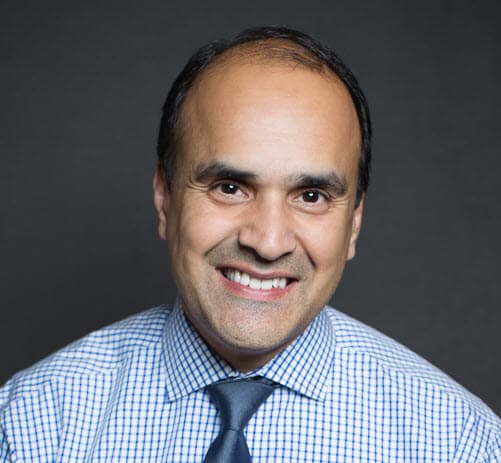
@ShahidNShah


Of all major healthcare technology strategies, patient centered medical home (PCMH) initiatives, while still in their infancy, have the potential of significantly improving outcomes. I’ve been following the medical home concept and technology surrounding the initiatives for some time now and am excited to hear consumer electronics companies, traditional IT firms, and finally existing healthcare technology providers finally getting into the fray. To explain the medical home concept I invited Ned Moore, CEO, Co-founder & Chairman of Portico Systems, to explain what the medical home is all about. Here’s what Ned had to say:
The patient-centered medical home is a care delivery model where physicians act as health “quarterbacks” or “coaches” to deliver coordinated primary care to patients. These models are increasingly garnering attention because they are being seen as a way to improve outcomes, lower medical costs, promote wellness and enhance patient and physician satisfaction.
To be successful, PCMH initiatives will need to enable a level of cooperation, communication and transparency among patients, providers and health plans that is light years away from current interactions. Done correctly, investments made to improve these areas could be the foundation of a transformation shift in the healthcare industry required to address the ballooning costs, lower than expected quality and access challenges facing us today. A common, collaborative technology platform that enables effective coordination of care and the measurement of quality of care can be leveraged to bring these three constituents together.
An integrated approach to PCMH requires the following five components:
Source-of-truth
A central medical home source-of-truth enables the identification of designated providers and participating patients and makes it possible to effectively manage medical home programs and communication among patients, providers and health plans.
**Collaborative workflows
** A set of collaborative workflows to align stakeholders with best practices, incentives, and quality measures reporting help each stakeholder understand where a given patient is in the care delivery process, potential intervention opportunities, why certain interventions are being emphasized, and what incentives are available for executing specific interventions.
Clinical integration and distribution
An infrastructure for clinical integration and distribution of intervention opportunities, clinical reference content, education, alerts, and reminders. This mechanism allows all stakeholders to have access to up-to-date, accurate patient information. It aligns stakeholders and helps reduce or eliminate duplication of procedures and tests.
Clinical applications and collaboration tools
Interoperable clinical applications and collaboration tools enable patients and physicians to engage in medical home processes. These tools—which include electronic medical records, e-prescribing, e-labs, secure e-mail, personal health records, document management and exchange technology—can help manage health information, assist with decision-making, and improve communication between patients, providers, and health plans.
Incentive management and analytics
These tools enable modeling, setting, measuring, and paying incentives based on quality measures, outcomes and adherence to stated care plans. These tools must span the entire PCMH delivery process and are required for objectively evaluating and optimizing the performance of medical homes.
Leveraging technology for PCMH initiatives requires an integrated approach that does not increase administrative burden to any of the stakeholders. There needs to be seamless integration with medical management systems and existing provider office, lab and hospital systems. The solution should provide web‐based automation for provider and member collaboration, including secure document exchange, reminders and care alerts. Finally, the solution should be built on a scalable and flexible infrastructure to support implementation across an entire network.

Shahid Shah is an internationally recognized enterprise software guru that specializes in digital health with an emphasis on e-health, EHR/EMR, big data, iOT, data interoperability, med device connectivity, and bioinformatics.
Connecting innovation decision makers to authoritative information, institutions, people and insights.
Medigy accurately delivers healthcare and technology information, news and insight from around the world.
Medigy surfaces the world's best crowdsourced health tech offerings with social interactions and peer reviews.
© 2023 Netspective Media LLC. All Rights Reserved.
Built on Jan 17, 2023 at 9:26am